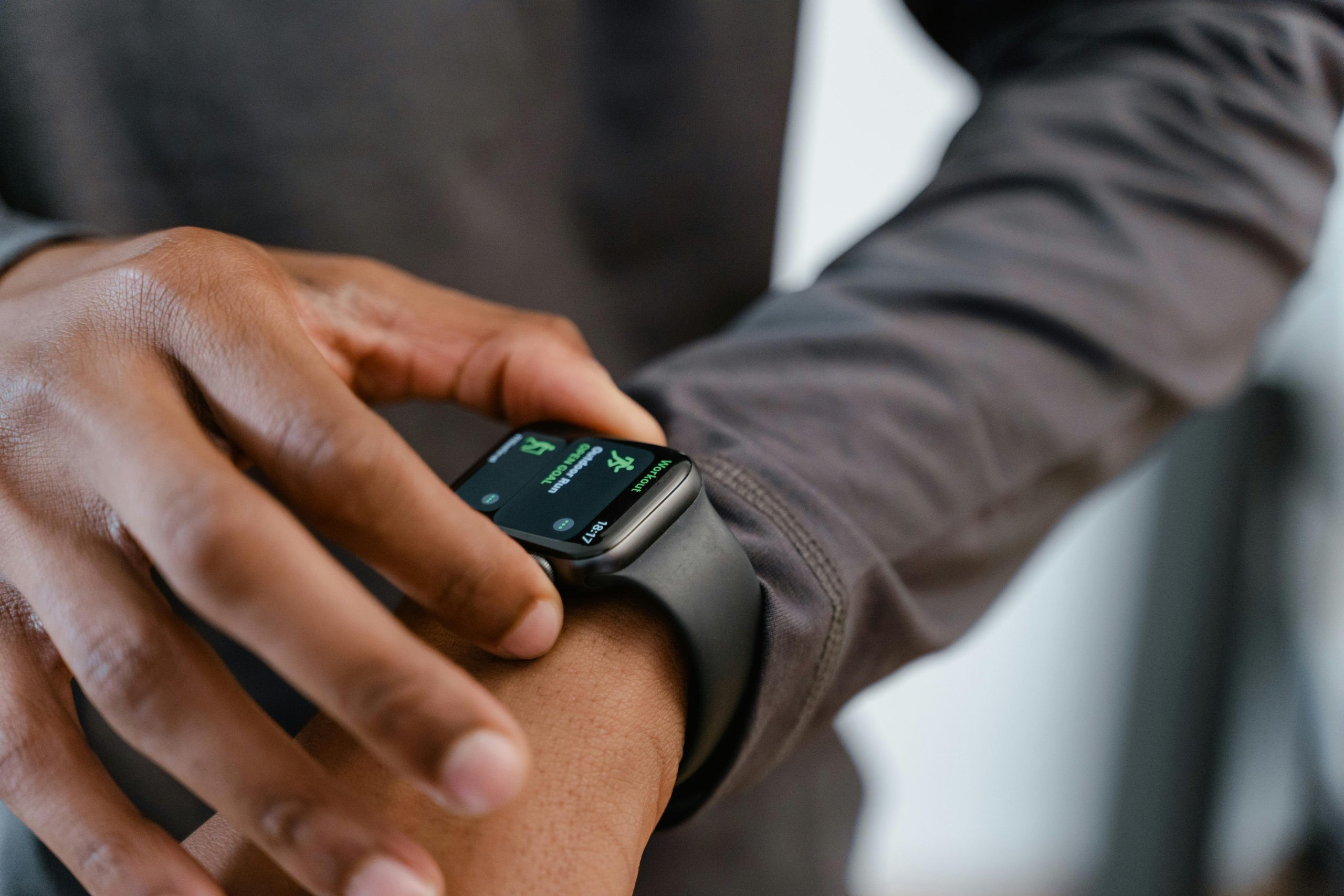Next-Generation Fitness Trackers Monitoring Stress and Recovery
In today’s fast-paced world, stress and burnout are unfortunately becoming more and more common. With technological advancements and non-stop connectivity, our lives have become more demanding, and it can be challenging to find a balance between work, personal life, and self-care. However, as the saying goes, “prevention is better than cure,” and more people are turning to fitness trackers to monitor their stress and recovery levels. The next generation of fitness trackers goes beyond basic activity tracking; they now have the capability to help us manage our stress and improve recovery.
The Evolution of Fitness Trackers
Fitness trackers have come a long way since the days of basic pedometers. The first-generation fitness trackers were primarily designed to track physical activity, such as steps taken and distance traveled. However, with advancements in technology, fitness trackers have evolved to be more sophisticated and can now track a range of variables, including heart rate, sleep patterns, and even stress levels.
The latest generation of fitness trackers is equipped with advanced sensors that can detect changes in our body, such as heart rate variability, and interpret them using complex algorithms. This technology has opened up new possibilities for tracking our overall well-being.
Current Features of Next-Generation Fitness Trackers
Stress Monitoring
One of the most significant features of next-generation fitness trackers is their ability to monitor stress levels. Our body’s physiological response to stress triggers changes in our heart rate variability, and fitness trackers can detect these changes and provide a stress score. This score can help us be more aware of our stress levels and take appropriate measures to manage them.
Some fitness trackers also offer guided breathing exercises to help calm our mind and body in moments of high stress. These exercises can have a positive impact on our heart rate variability and help us relax and de-stress.
Recovery Tracking
In addition to monitoring stress levels, fitness trackers can also track our recovery. Recovery is essential for maintaining overall well-being and preventing burnout. By monitoring our sleep patterns and heart rate variability, fitness trackers can provide us with a recovery score and insights into our sleep quality. This information can help us make adjustments to our sleep habits and improve our recovery.
Insightful Data Analysis
Next-generation fitness trackers not only track data but also provide insightful analysis of our results. They can identify patterns and trends in our stress and recovery levels, helping us better understand our body’s response and make necessary changes to our lifestyle. This data can be used to set goals and targets for managing stress and improving recovery.
The Impact of Next-Generation Fitness Trackers
The advancements in fitness tracker technology have had a significant impact on how we monitor and manage our well-being. With the ability to track stress and recovery levels, these devices can help us be more proactive in managing our overall health. By being aware of our stress levels and making necessary changes, we can prevent burnout and improve our overall quality of life.
Furthermore, the data collected by these fitness trackers can also be shared with healthcare professionals, providing them with valuable insights into our well-being. This information can help in the prevention and management of stress-related illnesses and play a significant role in our overall health and wellness.
In Conclusion
Next-generation fitness trackers have revolutionized the way we monitor and manage our stress and recovery levels. The ability to track these critical factors has given us the power to take control of our well-being and make necessary changes to live a healthier and more balanced life. With further advancements and integration with other health technologies, the future of fitness trackers is looking bright, and we can expect to see even more personalized and tailored approaches to managing our health and well-being.










